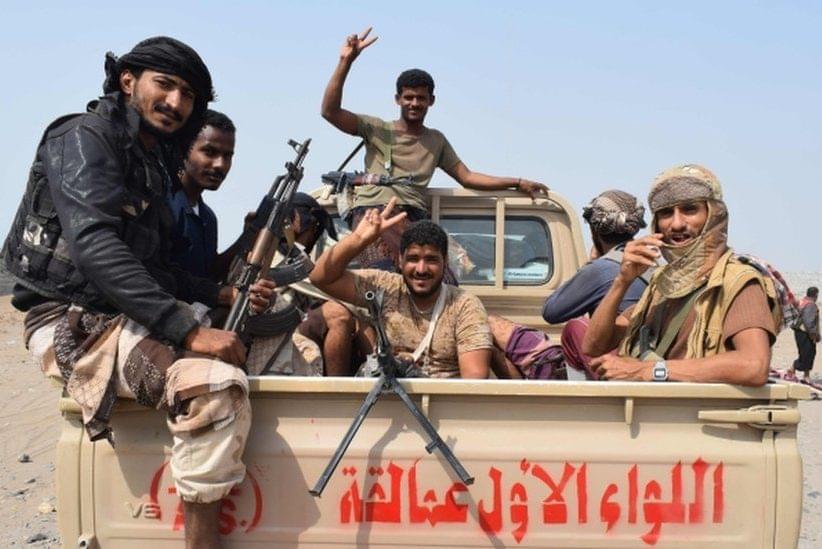The Worlds Worst Humanitarian Crisis

2020 is immortalised.
A watershed year and contender for the “The World’s Worst Year” in modern times. The headlines were bleak, the economic hardship unparalleled, and the long-term impact on our physical and mental health unknown.
But what about those living in a war-torn country already ravaged by violence and poverty?
A country where:
- 80% of the population rely on humanitarian aid (sadly this includes a staggering 12 million children)
- Where 67% have no clean water
- Where 66% have nothing to eat
- And only 41% have access to basic healthcare
A country on the brink of collapse.
A country called Yemen.

Origins of Conflict in Yemen
Yemen is one of the oldest cradles of civilisation in the Middle East.
In ancient times, it was referred to as “The Happy Land” or Arabia Felix in Latin with an abundance of agricultural resource.
Today, it is the poorest nation in the Arab world.
A country surrounded by oil-rich neighbours to the North and East respectively – Saudi Arabia and Oman.
This poverty is rooted in conflict.
A conflict which began in 2014 between the Abdrabbuh Mansur Hadi-led Yemeni government and the Houthi armed movement.
Both still declare to constitute the official government of Yemen.
Six years ago, Houthi forces occupied Yemen’s capital city Sana’a culminating in a hostile Houthi government takeover.
Their fight was for “things that all Yemenis crave: government accountability, the end to corruption, fair fuel prices, job opportunities for ordinary Yemenis and the end of Western influence”.

Subsequently, a Saudi-led coalition (supported by the US, UK and France) launched air strikes to help restore the former Hadi-led Yemeni government.
This military action has spawned catastrophic consequences.
Since the conflict began, an estimated 100 000 deaths have been reported by The Armed Conflict Location & Event DataProject (ACLED).
Tragically, 85 000 of these deaths are children below the age of five.
Yemen in 2020
In March 2020 the UN reported that if war continued, Yemen was on the brink of the world’s worst famine in 100 years.
And then Covid-19 happened.
With a health structure on the verge of collapse, the UN predicted the pandemic death toll could “exceed the combined toll of war, disease, and hunger over the last five years in Yemen.”
This is unimaginable.
What can we do?
As we contemplate a new year and hope for a global vaccine, there’s still hope for Yemen.
In September 2020, the UK Government committed a further £5.8m in aid to provide 500 000 of the most vulnerable people in Yemen with food, household essentials and medicine.
But a recent foreign aid budget cut announcement from Rishi Sunak could put this in jeopardy.
Together, we hope to transform lives and give Yemenis a better chance of a future in 2021 and beyond.
Author:
Eve Stansell

Responses